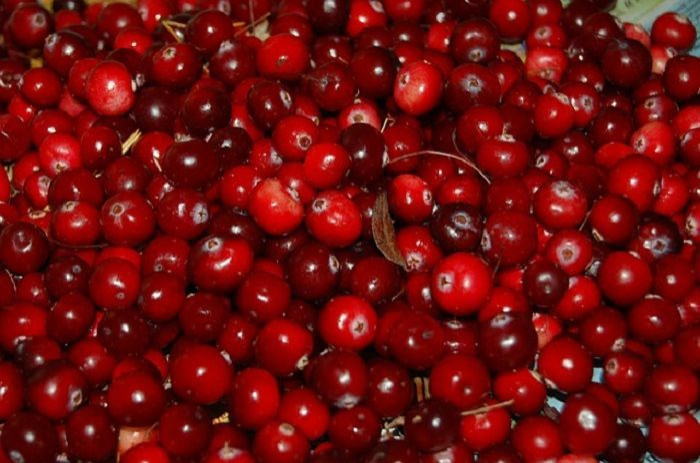Cranberry Extract For Urinary Tract Infections In Infants Confirmed To Be Safe And Effective Treatment

Cranberry extract, which has already shown effectiveness in preventing urinary tract infections (UTIs) in adults, can also fight the infection in breastfed infants under a year old, according to a recent study. Although cranberries are commonly used to treat UTIs in adults, many were still unclear about the optimal dosage, and its potential usefulness in young children. But new research published in Annals of Pediatrics suggests using cranberries to prevent UTIs in young children in lieu of antibiotics prevents the risk of increasing antibiotic resistance.
UTIs, which account for more than about 8.1 million visits to health care providers each year, are the second most common type of infection in the body, according to the National Institute of Diabetes and Digestive and Kidney Diseases. It occurs when bacteria enter and infect the urinary tract. These infections can affect several parts of the urinary tract, but the most common type is a bladder infection.
“Current evidence supports the use of long-term low-dose antibiotic treatment to control recurrent urinary tract infections,” researchers wrote. “However, one of the main problems in prescribing long-term low-dose antibiotics is the increase in bacterial resistance to antibiotics, and the effects of such treatment on the selection of multidrug-resistant bacteria in the flora.”
Researchers collected and analyzed data from 192 children between the ages of 1 month and 13 years. Eighty-five of the participants were under a year old and 107 children were older than 1. Of the infants younger than 1, 53 received trimethoprim, an antibiotic, and 32 received glucose syrup with 3 percent cranberry extract. Of those older than a year old, 64 received the antibiotic and 43 received the cranberry treatment. In all, 117 were administered a bacteriostatic antibiotic and 75 children received the cranberry extract.
They found that the cumulative rate of UTIs in infants who received trimethoprim was 28 percent, while this rate was 35 percent in infants who received cranberry. The overall cumulative rate of the infection in children older than 1-year-old was 35 percent in those who received trimethoprim and 26 percent in those who received cranberry.
The findings not only suggests the use of cranberries is safe in infants and children, it also suggests the efficacy of the fruit is not inferior to that of the antibiotic trimethoprim for the treatment of UTIs in children. “Its efficacy in infants less than 1 year of age can be considered inferior to that of trimethoprim at the doses we administered,” researchers said. However, they found that cranberry is not inferior to trimethoprim when the dose of proanthocyanidins was more than 18 milligrams.
Researchers hope to find if cranberries’ anti-inflammatory properties can improve kidney disease or infection.
Source: Fernandez-Puentes V, Uberos J, Rodriguez-Belmonte R, Nogueras-Ocana M, Blanca-Jover E, Narbona-Lopez E. Efficacy and safety profile of cranberry in infants and children with recurrent urinary tract infection. Annals of Pediatrics. 2016.



























